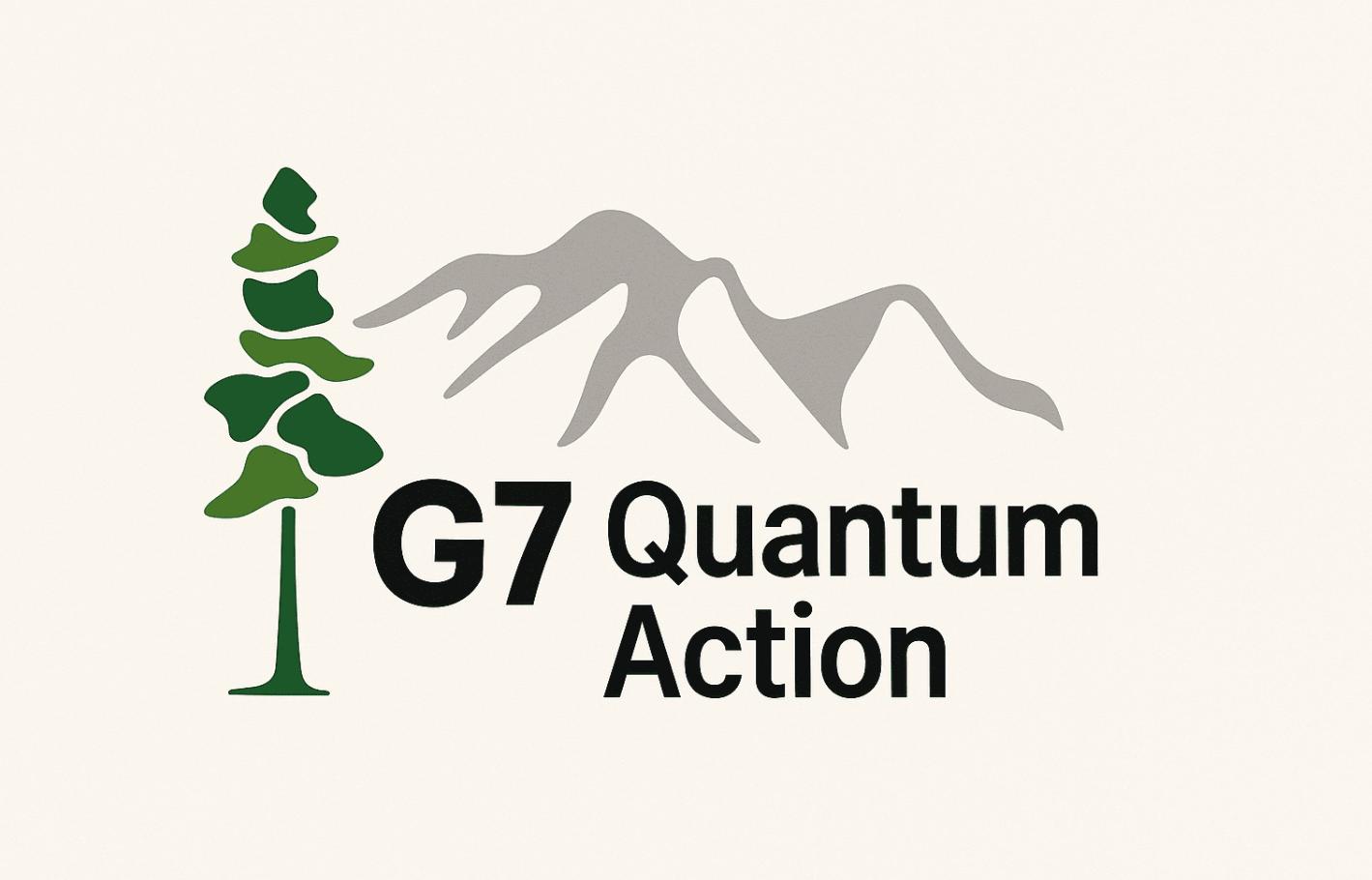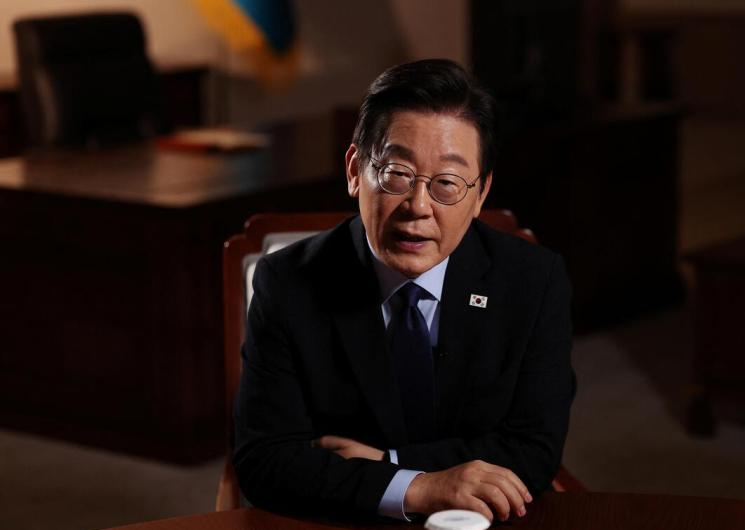
On June 17, 2025, at the G7 Leaders' Summit held in Kananaskis, Canada, the leaders issued a joint statement pledging to take coordinated actions to promote the research and commercialization of quantum technology, emphasizing the importance of quantum technology to future economic growth, national security and global innovation. The statement pointed out that the progress of quantum computing, sensing and communication is not only a scientific breakthrough, but also will have a profound impact on the global society.
First, the G7 leaders said that quantum technology is moving from long-term scientific exploration to practical application and becoming an important part of strategic infrastructure. They pointed out that quantum technology, including quantum computing, sensing and communication, can bring revolutionary changes in many fields such as medicine, agriculture, finance, logistics, and national defense. But these technologies may also bring challenges to national security. The rise of quantum technology may threaten existing data protection systems, but it can also provide new technical support for national defense.
Secondly, in recent years, breakthroughs have been made in the research and development of quantum technology, and leaders said that the application of quantum technology has gradually moved from theory to practice. In order to promote the commercialization of technology, the G7 pledged to increase support for the research and development of quantum technology and promote cooperation between the public and private sectors. At the same time, they stressed that they would actively respond to the risks that quantum technology may bring, especially in the fields of cybersecurity and data protection. The G7 hopes to promote the standardization of global quantum technology by strengthening international cooperation to ensure the security and sustainable development of technology.
In addition, in addition to discussions at the technical level, the G7 also pays special attention to the talent training required for quantum technology. With the rapid development of quantum technology, the demand for professional talents is also increasing. The leaders of the G7 emphasized that labor training in the field of quantum technology will be the key to future development. They proposed to cultivate future quantum technology talents through policies such as apprenticeship, STEM (science, technology, engineering, mathematics) education and mentorship, especially encouraging women and other underrepresented groups to participate in it to ensure the diversity and inclusiveness of the industry.
At the same time, the leaders of the G7 also emphasized the importance of protecting sensitive quantum technology. They called on countries to prevent the leakage of intellectual property rights while supporting open science and international cooperation. To this end, the G7 proposed to establish a cross-border cooperation mechanism to ensure the security of technology and promote coordination and cooperation among countries in quantum technology standards and interoperability. The globalization process of quantum technology requires a transparent and secure cooperation platform to avoid technology abuse or damage to national interests. The G7 specifically mentioned that future quantum technology cooperation not only depends on intergovernmental cooperation, but also requires strengthening communication and exchanges between academia and industry.
Furthermore, in terms of cybersecurity, the G7 leaders clearly pointed out that current encryption technology may fail under the threat of quantum computers. To meet this challenge, the G7 pledged to promote the development of security solutions that resist quantum computing attacks, such as post-quantum cryptography and quantum key distribution technology. Although these technologies are still in the experimental stage, they are regarded as key tools to ensure information security.
Finally, in order to promote the healthy development of this technology, the G7 decided to establish a joint working group on quantum technology to bring together experts from governments, academia and industry, coordinate research directions, and promote international technical cooperation and standardization. In addition, it will also promote cooperation between metrology institutions in various countries to ensure the consistency of quantum technology hardware and protocols through international frameworks for quantum measurement and testing (such as the NMI-Q initiative). This initiative provides more precise technical support for the global application of quantum technology.
In summary, the G7 statement shows that quantum technology is becoming a key area of global scientific and technological competition. With the continuous progress of technologies such as quantum computing and quantum communication, they will bring profound changes to multiple industries and promote leapfrog development of economy and society. However, the development of quantum technology is also accompanied by considerable risks, especially in terms of cybersecurity and international cooperation. Countries around the world must work more closely together to ensure the security and controllability of technology.

The office of the President of South Korea has fully initiated the relocation work, moving the office equipment of all departments from the current Yongsan Presidential Office to the former Presidential office, the Blue House.
The office of the President of South Korea has fully initia…
Israeli officials announced that Israel will reopen the bor…
US President Trump said that Russia has gained a stronger m…
The latest report from the United Nations Conference on Tra…
The UK Ministry of Defence said on Tuesday (December 9) tha…
In early December, US stocks staged their most dramatic int…